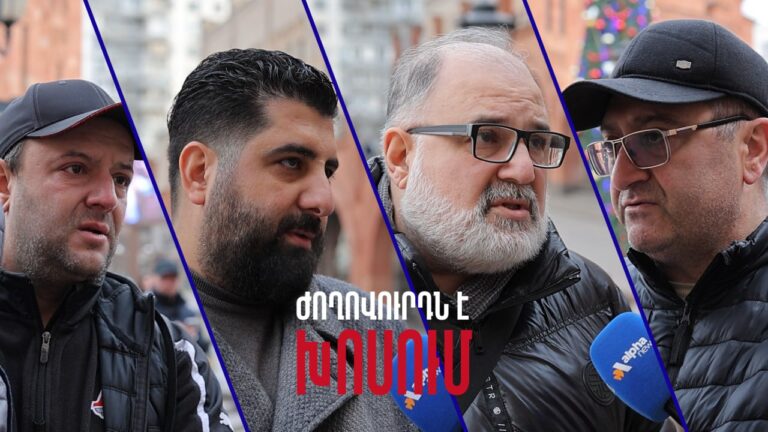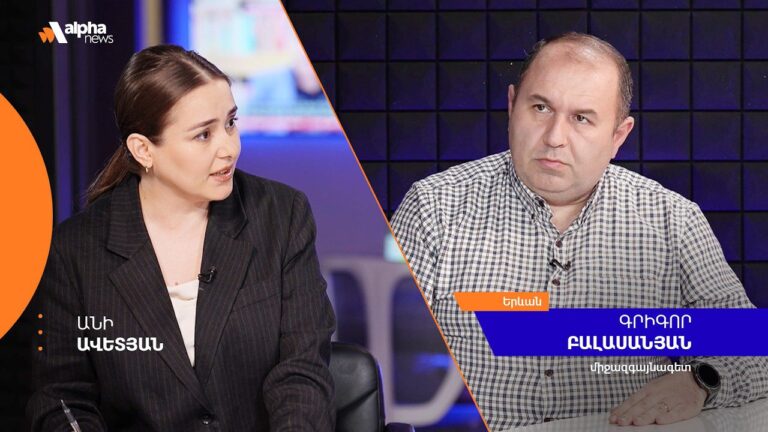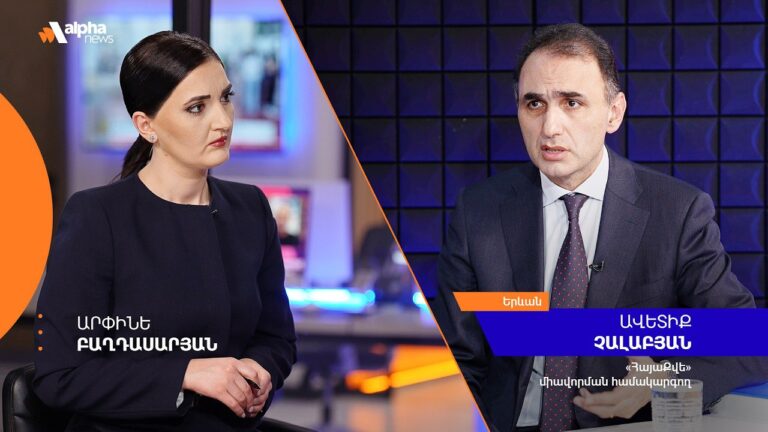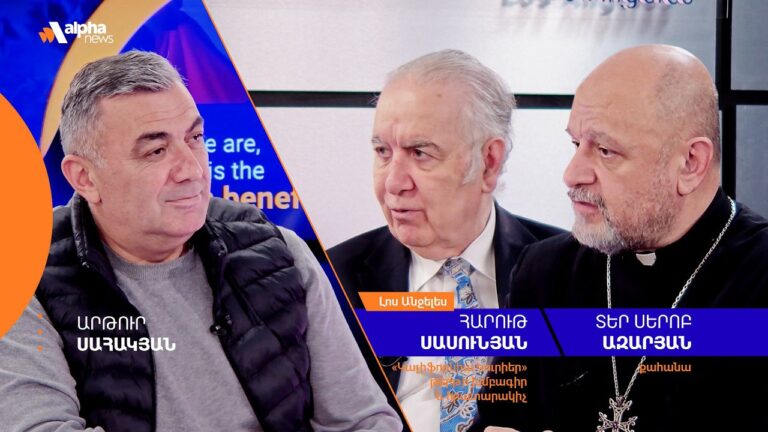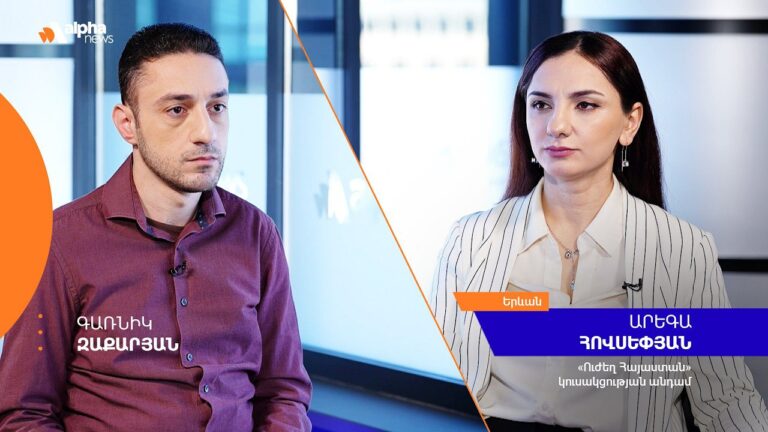Armored ambulances in exchange for territories: a new formula for Armenia
April 12 2024, 12:33
For many years, since 1998, the Armenian authorities have adhered to the “territories in exchange for status” formula in the context of the settlement of the Karabakh problem. The Armenian side was ready to cede five districts around Karabakh to Azerbaijan in exchange for recognition of the status of Artsakh outside the territorial integrity of Azerbaijan. This is exactly what the 2007 Madrid Principles were about.
However, since 2018, purposefully changing the logic of talks, the Armenian authorities have proposed the following formulas: “Artsakh is Armenia, period” as well as “A new war—new territories”. The authors of these formulas are Nikol Pashinyan and the “velvet” Defense Minister of Pashinyan’s Armenia, David Tonoyan.
We all know how the implementation of these principles ended: Artsakh is lost, and Azerbaijan refuses to recognize Armenia’s territorial integrity.
The formula “territories in exchange for the status of Artsakh” was replaced by new Pashinyan and Western formulas: “We will surrender the territories in Tavush without guarantees that there will be no war, but without surrendering them, we are guaranteed to get a war”, “Armenia should join the anti-Russian sanctions and we will give it 270 million euros”, “Nikol Pashinyan has turned into the largest supplier of weapons to Azerbaijan for two wars in 2020 and 2023, having given Baku billions of dollars worth of weapons for a year, and the West will supply it with armored infantry vehicles and non-lethal weapons”.
The statement by the US Ambassador to Armenia, Christine Quinn, should also be considered in the context of the fact that the US plans to supply armored ambulances to Armenia. This is one of the most vivid manifestations of the military cooperation between Yerevan and Washington, which the Armenian authorities describe as “diversifying the security system of Armenia”.
In other words, we are in a situation where Azerbaijan does not recognize the territorial integrity of Armenia when it demands, at the first stage, to surrender territories in the Tavush province, and in response to this, the West provides Armenia with armored ambulances. A truly “brilliant diplomatic” formula from Pashinyan and his Western partners—armored ambulances in exchange for territories.
The situation seems even more paradoxical amid what is happening with Ukraine, when the West, by curtailing the Ukrainian project, sabotages the supply of weapons and other military equipment to Kiev.
Ukrainian Foreign Minister Dmitry Kuleba told the Washington Post that during a recent meeting in Brussels marking NATO’s 75th anniversary, he harshly told those in attendance: “I’m sorry to spoil the birthday party, but who can believe that the mightiest military alliance in the world cannot find seven batteries of Patriots to provide them to the only country in the world that is fighting ballistic attacks every day?”
The Ukrainian FM said his team had identified more than 100 available Patriots— some neighboring countries have more than one battery guarding a port or airfield, he said. He said he “struggles to understand” the resistance from some countries to transferring at least one of their systems to Ukraine.
Have Pashinyan and his team thought out a further plan of action if the West decides to halt even the current scanty aid in the amount of 270 + 65 million for Armenia or to stop the supply of armored ambulances? The issue is particularly acute, as it has become known that India is not preparing any special air corridor for arms supplies to Armenia.
By the way, one more curious nuance: supporters of the current authorities explain the refusal of the West to supply serious weapon systems to Armenia by the fact that Armenia is still a member of the CSTO, EAEU, and CIS. Figuratively speaking, it is stated that as soon as Armenia quits these organizations, “all the power of the US military-industrial complex will work for Armenia’s needs”. Let’s just remind you that the same Ukraine started to receive billions of dollars worth of weapons from the US and the West while being a member of the CIS (the country officially left the organization in 2018). Georgia left the CIS in 2008, after the war with Russia, but the Georgian army was armed before that.
Returning to Ukraine, we should note that so far Kiev not only trades with Russia (gas supplies) but also formally remains a member of the free trade zone of the Commonwealth of Independent States. In other words, formal membership in these or those unions did not prevent the West from providing more substantial assistance to its partners. Although this assistance always ends at some stage, this fact is undeniable. Georgia and Ukraine are vivid examples of this.
Think about it…

